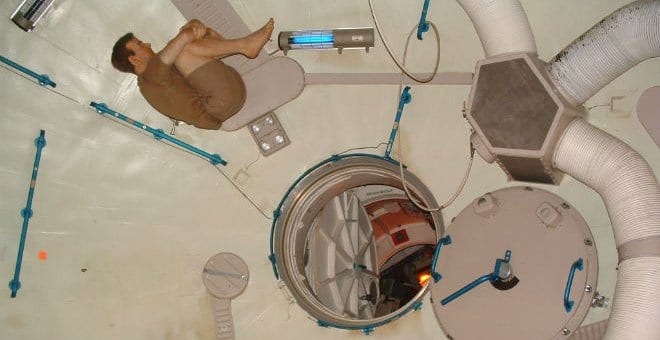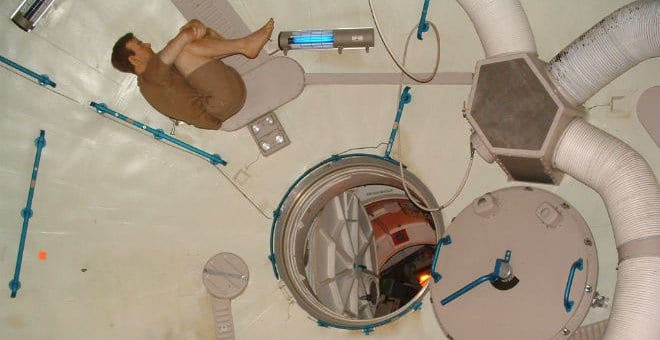
Zero gravity seems to affect certain functions in the immune system, immune cells are unable to adequately protect astronauts, hence fungi such as candida albicans become extremely aggressive in micro-gravity environments.

International Space Station tests effects of space on human immune cells
Scientists at the University of Zurich are currently studying immune cells on the International Space Station (ISS), to find out how deep space missions affect the human immune system.
Zero gravity appears to affect certain functions in the immune system, so that immune cells become unable to adequately protect the body. astronauts from infection.
One type of immune system cell is the phagocyte, known as a macrophage, which kills and destroys invading bacteria by devouring them.
"Conducting research in space allows us to better understand life on Earth," explains Professor Oliver Ullrich of the University of Zurich's Institute of Anatomy.
"The experiment provides key data that will allow us to measure risk in future spaceflight more effectively.
On 18 April, a cargo of UZH immune cells was sent to the International Space Station aboard the SpaceX CRS-3 Dragon spacecraft, in a project called "Cellbox Mission".
Once the cells reached the ISS, the immune cell samples were studied during a three-day experiment to see how the structure and metabolism of phagocytes change in zero gravity, especially their cytoskeleton and molecules, which are important for cell communication.
The SpaceX Dragon capsule will land in the Pacific Ocean on 18 May and the samples that have been in space will return with it.
Candidiasis becomes more aggressive in Space
In December 2013, researchers from nine US universities, along with NASA, published a study entitled "Spaceflight increases random cell aggregation in candida albicans" in the journal PLOS ONE, which showed that a common fungus that can cause serious illness in people with a weakened immune system is actually much worse in space.
The fungus, known as Candida albicans, is found on the skin, in the mouth and in the gastrointestinal tract, urogenital tract and vaginal tract of 80 % of the human population. The fungus also has the ability to travel through the bloodstream to infect the throat, intestines and heart valves.
Candida albicans becomes more aggressive in micro-gravity environments, which would mean it poses a risk to astronauts on spaceflight, So scientists are trying to see if it is possible to change the behaviour of pathogens like this fungus in space.

